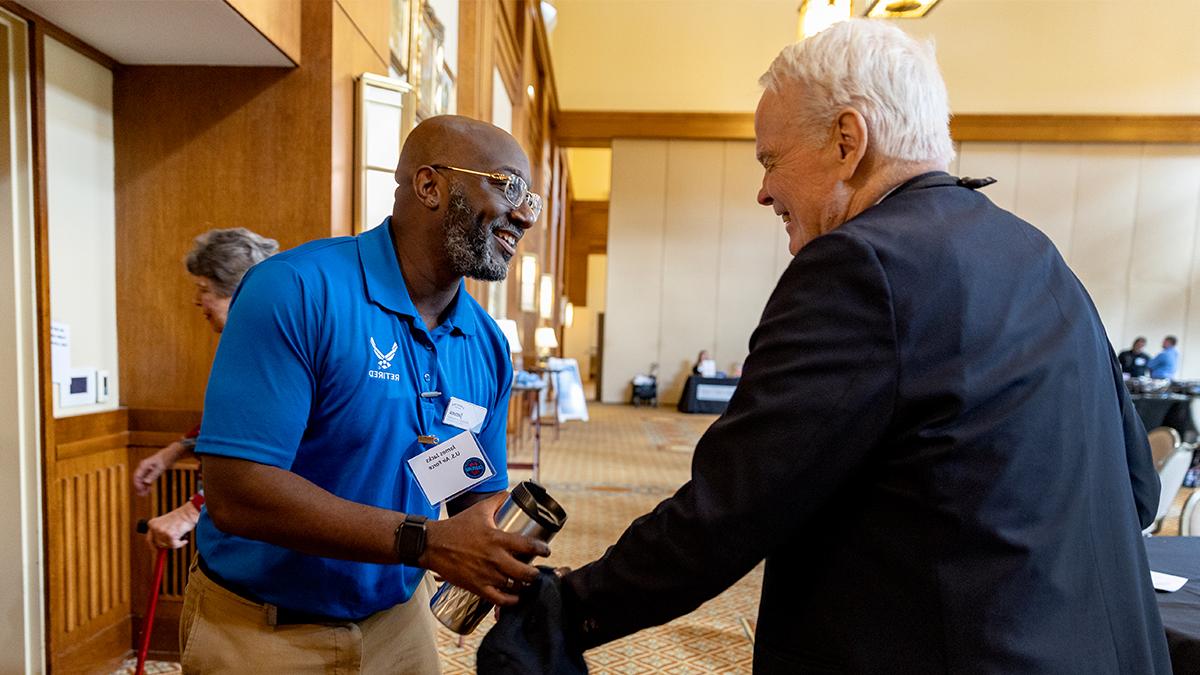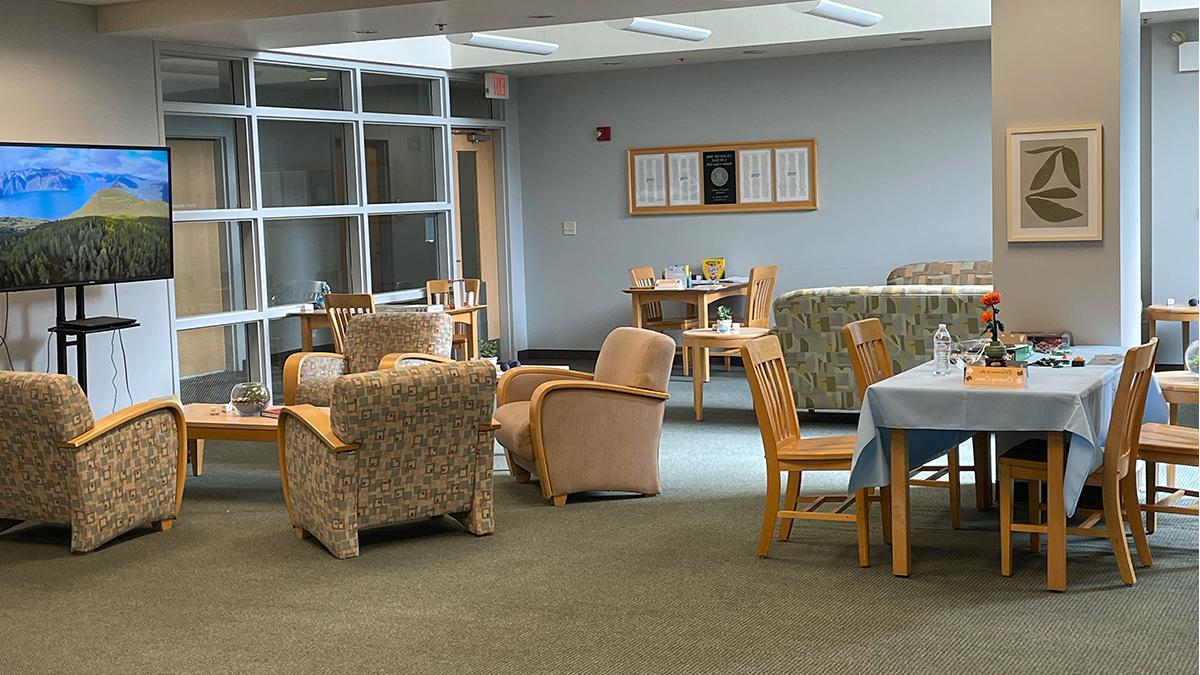Coxswain steers toward career in sustainability
Senior Karen Jordan pursues a future in the food industry while also guiding rowers on a club crew team.

Perched in the front of a 63-foot racing boat, Karen Jordan seems like an intensely focused athlete, although her interests extend far beyond rowing.
When not guiding rowers on the Carolina men’s club crew team, she has built a diverse portfolio of internships, conducted environmental research, studied abroad and delved into data analysis. All that activity is steering her toward a career in food industry sustainability.
Jordan, a senior from Ocracoke Island, North Carolina, is an environmental studies major on the sustainability track. She has minors in food studies and in philosophy, politics and economics.
“I came to UNC interested in the environmental field, but I’ve been able to try out a lot of things here,” Jordan said.
Among those “lots of things,” she’s a coxswain (pronounced cox-sun) on the crew team. Jordan doesn’t row; she directs and motivates eight rowers on the best path to the finish line. Since more college-age women than men meet the 125-pound weight requirement for coxswains, women often fill the role.

Jordan speaks during a presentation in her Sustainable Consulting Capstone Course. (Johnny Andrews/UNC-Chapel Hill)
A former high school athlete, she likes being part of a team, being outside and competing. Most weeks, the team practices at 6 a.m. on four days, at 5 p.m. two days and 8 a.m. on Saturday. “It’s a great community, and I like that every morning I’m mentally challenging myself to make the boat I’m in as good as possible,” she said.
Her crew team experience parallels her academic endeavors, in which she’s sought opportunities, learned quickly, performed and now envisions a clear course to a career.
One of Jordan’s key internships was with the Kenan-Flagler Business School’s Ackerman Center for Excellence in Sustainability, in her junior year. Jordan found the position through the EcoStudio program offered by the College of Arts and Sciences’ energy, ecology and environment program and the UNC Institute for the Environment. She researched sustainable businesses in North Carolina’s food industry, created digital maps of their locations and connections and assessed their sustainability efforts under the guidance of Jeff Mittelstadt, ACES executive director and professor of the practice of strategy and entrepreneurship.
ACES staff and future interns can update the maps to include more businesses and categories. In her research, Jordan found sustainability certifications and companies’ reports on their environmental, social and governance practices and other internal documents. She also interviewed people at businesses like Firsthand Foods and Nature’s Crops about their sustainability initiatives and the challenges they face.

(Johnny Andrews/UNC-Chapel Hill)
Her work, Jordan said, will help ACES advance its mission of accelerating progress in social and environmental sustainability.
After the internship, she became an ACES Business Leadership in Sustainability associate, collaborating with peers and leading efforts related to North Carolina’s food industry. She completed that assignment while in Italy studying at the Umbra Institute’s food, sustainability and environment program.
Before her time with ACES, Jordan interned with the Raleigh-based Interfaith Food Shuttle in Raleigh and audited Carolina Dining Services purchasing patterns for the Real Food Challenge. In summer 2022, she learned about drones, data collection and geographic information systems at the Carolina Drone Lab.
Before beginning her senior year, she spent the summer working at two local farms on a UNC Institute for the Environment Molchanov Scholarship. The work enabled her to study the economic viability of ethnic vegetables and agroecology.
Jordan said that in her future career she wants to help manage the potential for businesses, especially on the production and supply chain side, to make positive changes in the food system.
“I now better understand sustainable processes and can see that transparency is essential for sustainability in the food industry so that consumers have access to information,” she said.







